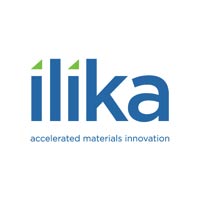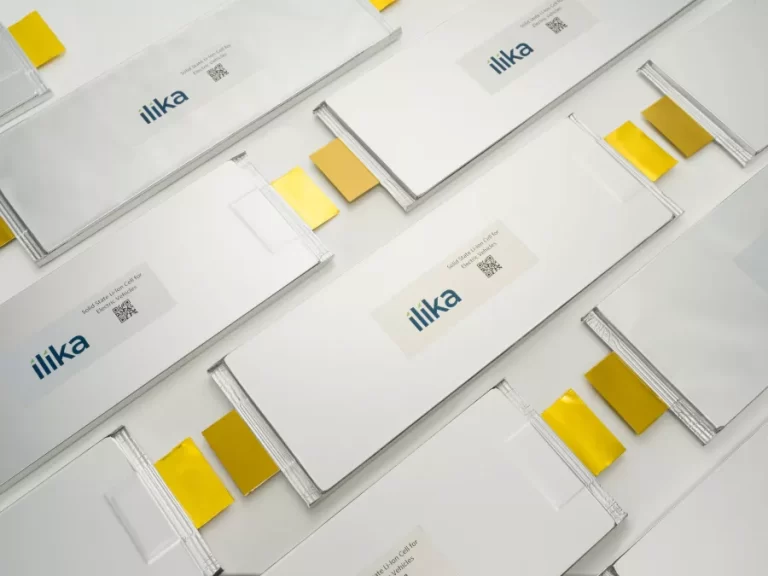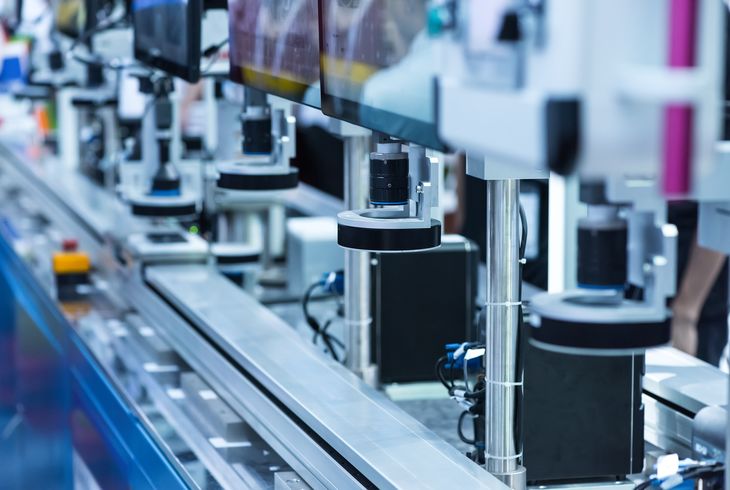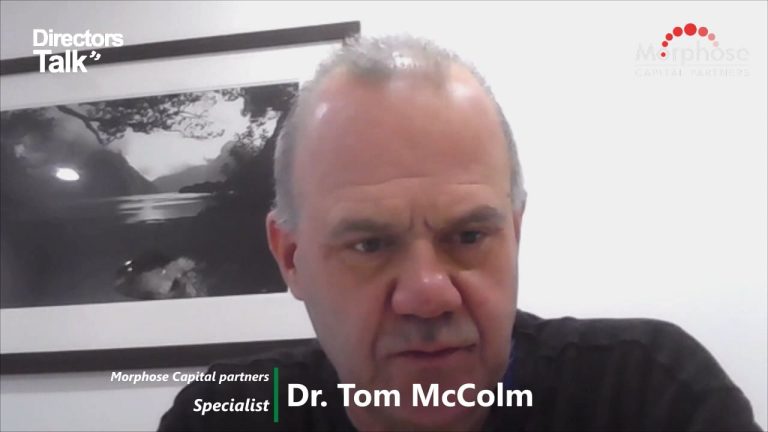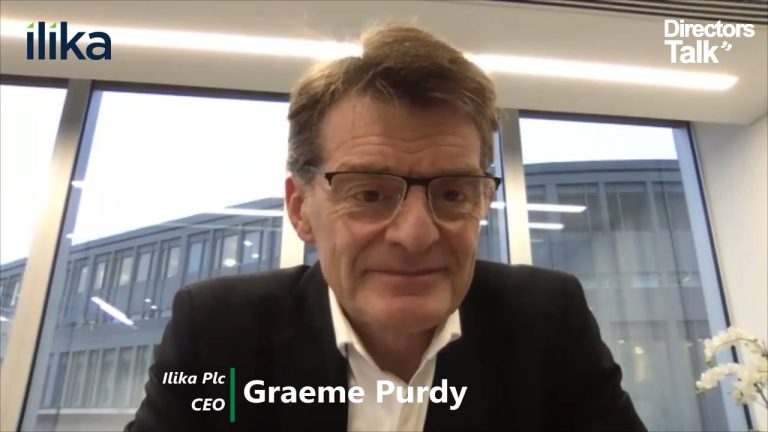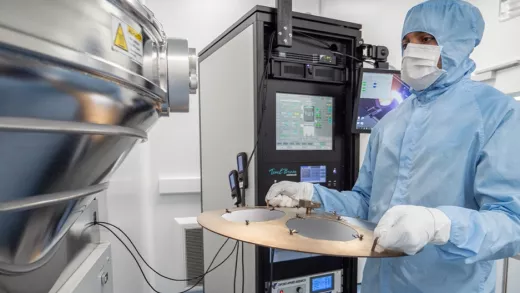Ilika plc (LON:IKA) Chief Executive Officer Graeme Purdy caught up with DirectorsTalk for an exclusive interview to discuss their MoSESS project, more UK collaborations, competing with large companies and what to look for in the coming months.
Q1: We saw today that you’ve started the MoSESS project, this is the second multi-million project that you have announced for your large format Goliath cells. Can you explain to us the principal differences?
A1: The first project is called Powerdrive Line and that’s a collaboration we’re leading, and it is a group that includes Honda Europe and also Ricardo. The focus of that particular programme is on rapid charging of battery packs for EV’s using solid state batteries.
The MoSESS programme is being led by McLaren Automotive and also it involves A123 Systems which is a US-based cell and battery supplier. Whilst fast charging is important in this second programme, in MoSESS, we’re also taking into account developing a simpler cooling system, optimise crash structure for the battery as well as a lighter weight solution. So, all of these things you might expect for a programme that’s been led by a performance car company.
Q2: Do you think there are more collaboration opportunities in the UK?
A2: I think there are actually. I think the UK has got still a very strong and vibrant automotive ecosystem, if I can call it that, with lots of significant global players with operating bases here in the UK.
The industry is going through a period of very rapid change as people start to adopt EV’s in greater numbers and the industry is looking for collaboration partners to be able to deliver solutions for their customers that are going to set them apart from the global competition.
Q3: Just talking about the competition, how does Goliath stand relative to that competition?
A3: The decarbonisation of transport is a global effort and clearly, there are companies and organisations around the world that are working in this area.
I would say that Ilika really stands out from a lot of the competition because of its long track record in solid state batteries which are really seen as the next generation energy storage format for EV’s. We started working in this field 10 years ago when Toyota first approached us to start developing materials that can be used in solid state batteries in particular the electrolytes which are used in solid state batteries. So, I think we’ve got a bit of a head start relative to what a lot of the other global players who are now getting into the field have got.
I also think we really stand out because we are one of the few organisations that has already demonstrated working solid state cells that we can send as samples out to customers. The Stereax family, of course, starts with some of the miniature cells that we’ve developed in particular for wireless sensors, what we call the M250 and the P180 which is the high temperature variant. We’re able to descend these working devices and also electronic components and beacons that incorporate these solid state cells to customers for them to evaluate and validate and I think that’s really important.
Q4: Does that mean that you can really compete against some of the large companies investing in this area?
A4: Well, I think the reality is that particularly for EV’s, we can’t really do this alone, we need to collaborate with big organisations that have got a channel to market and understand the rest of the vehicle solution. So, that’s really why we’ve gone down this route of collaborative development.
I think specifically for cell development, that the large companies are really looking for the technology innovators, the smaller companies like us, that can come up with a solution to this problem. The large companies, frankly, have historically focussed on internal combustion engines, diesel and petrol, and they’re having to go through quite a big knowledge change in order to get their heads around what an EV really means for their businesses. They often haven’t got a large staff of electrochemists and electrical engineers, they’re often staffed with mechanical engineers because that’s what was needed really for a traditional automotive design and development. So, they’re looking to companies like Ilika who have a high concentration of these new skill sets that are required in order to guide them and come up with solutions that they can incorporate into their products.
Q5: What can we look forward to over the next few months from Ilika regarding Goliath?
A5: I think we’re going to continue collaborating with organisations who are interested in developing new EV solutions, both here in the UK and also globally. I think there are a lot more relationships that we are starting to develop which will become public and I think they’re going to be important to help us continue on the right roadmap with our product development.
Also, of course, there’ll be some technical progress. So, we’re busy outfitting our new pre-pilot line facility here in Southampton, we were just awarded some contracts for that yesterday so there’ll be some technical progress in terms of commissioning that facility. Towards the back of the year, producing the initial quantities of the Goliath cells on that line as our first step on the scale-up route from lab through to mass production.


